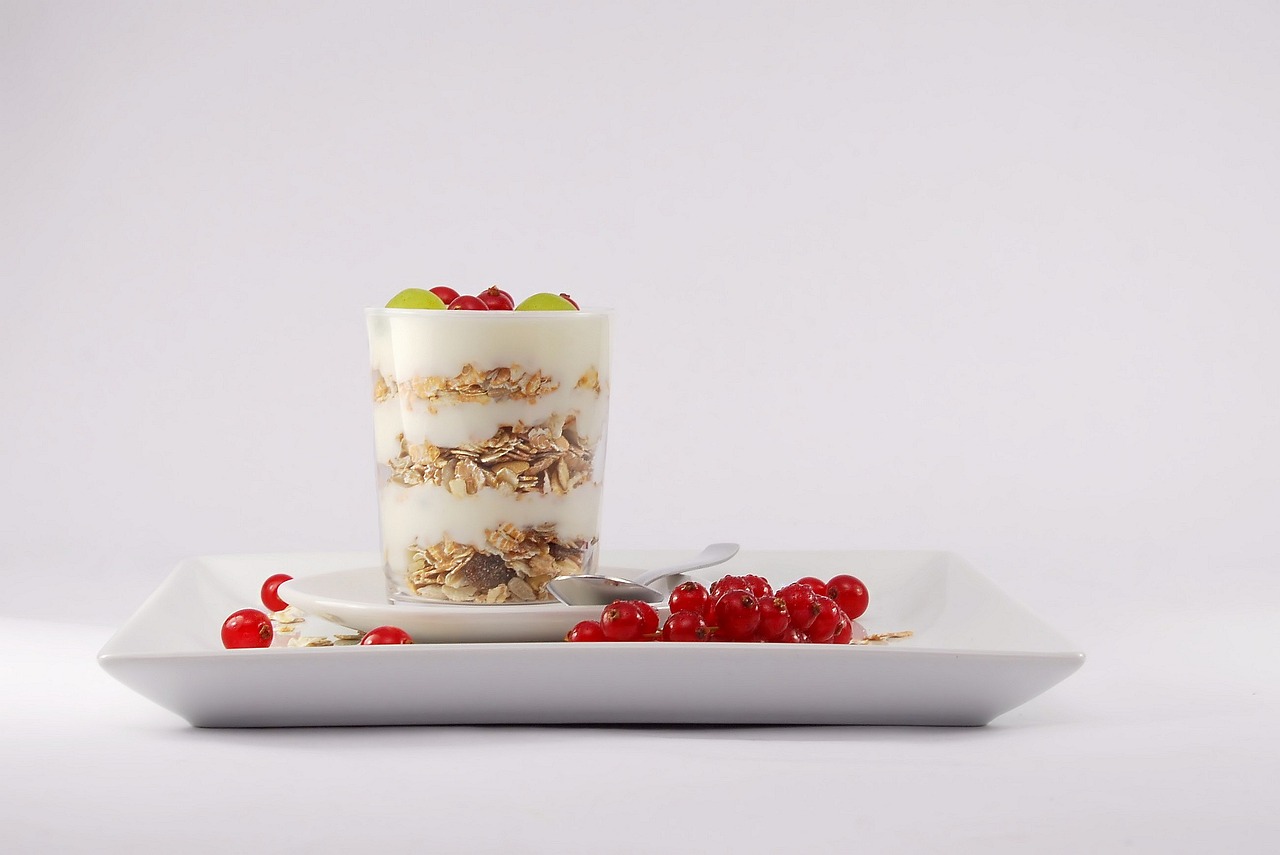“`html
Hydration is a vital aspect of maintaining overall health and wellness. In our fast-paced lives, it’s easy to overlook the importance of adequate fluid intake. Water plays a crucial role in almost every bodily function, from regulating body temperature and maintaining joint lubrication to facilitating digestion and nutrient absorption. This blog post will provide you with essential hydration tips that can help you optimize your fluid intake, enhance your well-being, and boost your energy levels.
The Importance of Staying Hydrated
Before diving into effective hydration tips, it’s important to understand why staying hydrated matters. Dehydration can lead to various health issues, including fatigue, headaches, and decreased cognitive function. Here are some key benefits of proper hydration:
- Improved Physical Performance: Staying hydrated can enhance endurance and reduce fatigue during physical activities.
- Better Temperature Regulation: Adequate water intake helps regulate body temperature during exercise and in hot weather.
- Support for Digestive Health: Water aids in digestion and prevents constipation.
- Enhanced Skin Health: Proper hydration contributes to skin elasticity and can reduce signs of aging.
How Much Water Do You Need?
Understanding your individual water requirements is the first step toward effective hydration. Various factors influence how much water you should consume:
General Guidelines
- For most adults, a common recommendation is to drink 8 cups (64 ounces) of water a day, often referred to as the “8×8 rule.”
- The National Academies of Sciences, Engineering, and Medicine suggests approximately:
- 11.5 cups (about 92 ounces) per day for women.
- 15.5 cups (about 125 ounces) per day for men.
Factors Affecting Hydration Needs
Certain conditions may increase your need for water:
- Physical activity levels: More active individuals need more water.
- Environmental conditions: Hot weather or high altitudes can lead to increased fluid loss.
- Health status: Illness, fever, and certain medications can affect your hydration needs.
- Pregnancy and breastfeeding: Women in these conditions require additional fluids.
Practical Hydration Tips
Now that we’ve established the importance of hydration, let’s explore actionable tips to ensure you stay adequately hydrated:
1. Carry a Water Bottle
Having a reusable water bottle with you can serve as a constant reminder to hydrate throughout the day. Choose a size that you find manageable and ensure it’s easily accessible.
2. Set Reminders
If you often forget to drink water, consider setting reminders on your phone or using apps designed to track your water intake. Regular alerts can ensure you don’t overlook hydration.
3. Infuse Your Water
If you find plain water unappealing, try infusing it with fruits, herbs, or vegetables. Some popular combinations include:
- Lemon and mint
- Strawberry and basil
- Cucumber and lime
Infused water can enhance flavor, making drinking more enjoyable.
4. Eat Water-Rich Foods
Many fruits and vegetables have high water content and can contribute to your hydration:
- Watermelon – 92% water
- Cucumbers – 95% water
- Strawberries – 91% water
- Spinach – 91% water
Incorporating these foods into your diet can help keep you hydrated and provide essential vitamins and minerals.
5. Drink Before Meals
Drinking a glass of water before meals can aid digestion and help control appetite. Consider following this routine:
- Drink one glass (8 ounces) of water 30 minutes before each meal.
- It can also help you monitor your overall liquid intake more easily.
Signs of Dehydration
Recognizing the signs of dehydration is crucial for taking timely action. Common symptoms include:
- Thirst
- Dark yellow urine
- Dry mouth or lips
- Fatigue or dizziness
- Headaches
If you experience any of these symptoms, increase your water intake immediately.
Conclusion
Staying hydrated should be a priority for everyone, as it plays a key role in health and well-being. By understanding your hydration needs and implementing practical tips, you can ensure your body functions optimally. Remember to listen to your body and adjust your fluid intake according to your lifestyle, environment, and individual needs. With these hydration tips, you’ll be well-equipped to maintain optimal hydration and improve your overall health.
“`



